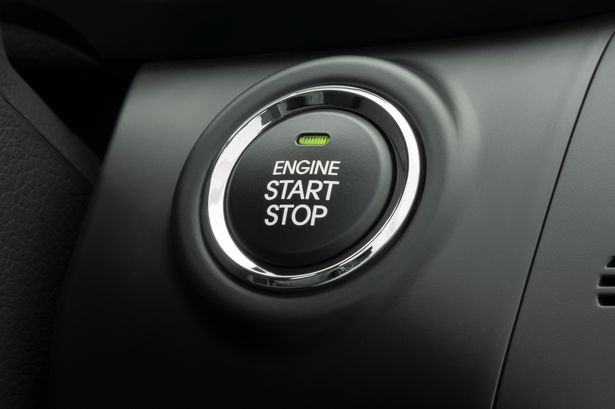×
The Standard e-Paper
Join Thousands Daily

Four brand new cars have been identified as potential targets for tech-savvy car thieves; after it emerged that, their keyless entry systems leave them vulnerable to hacking.






